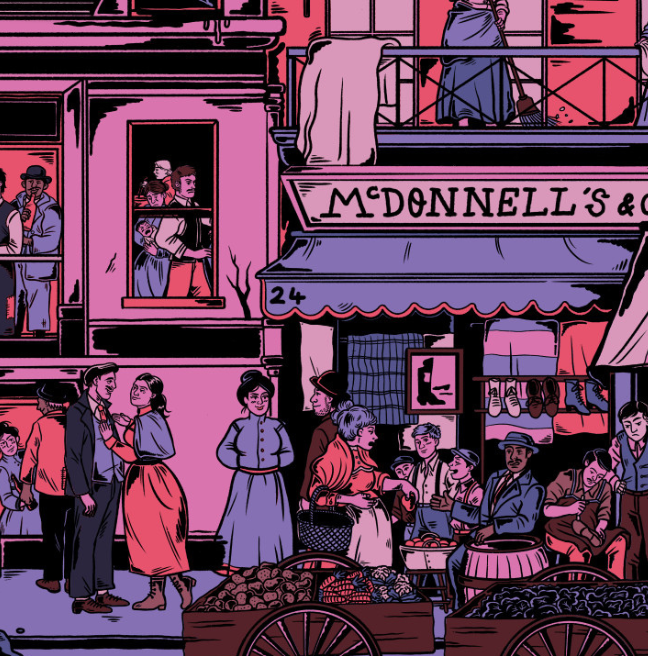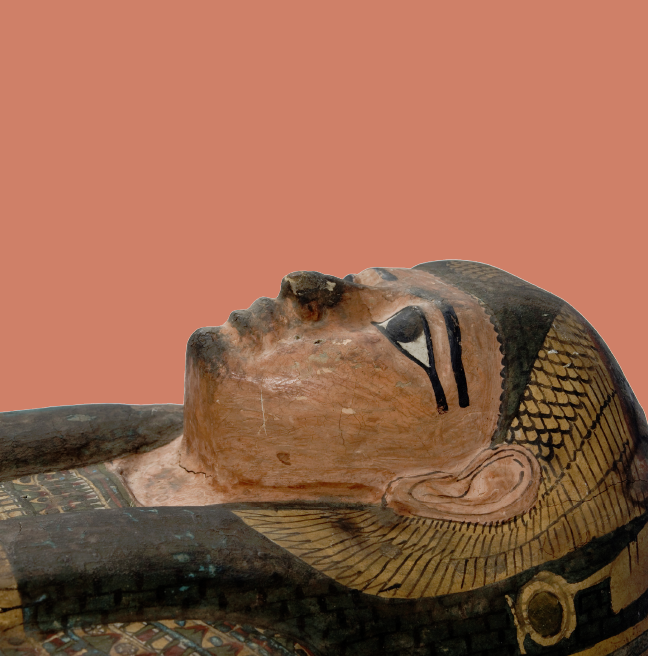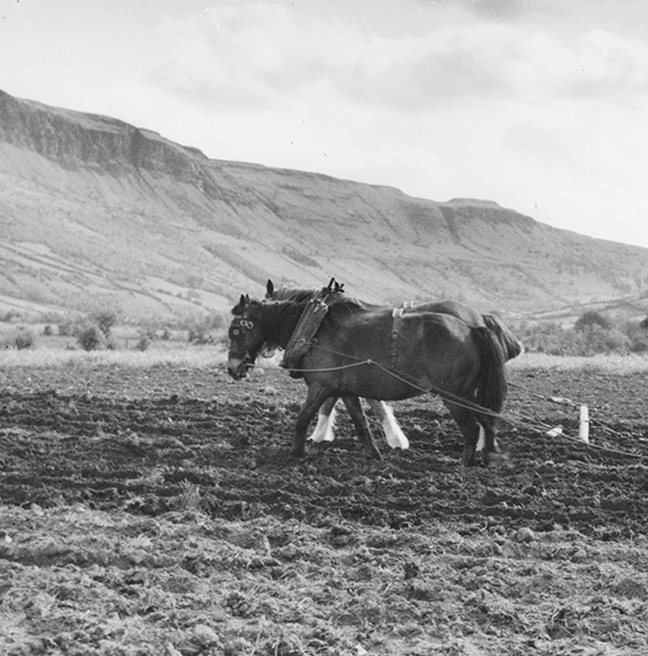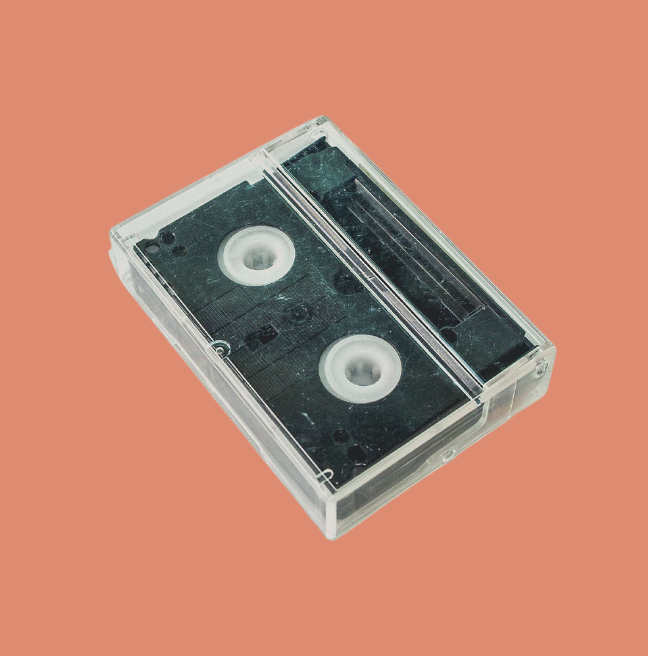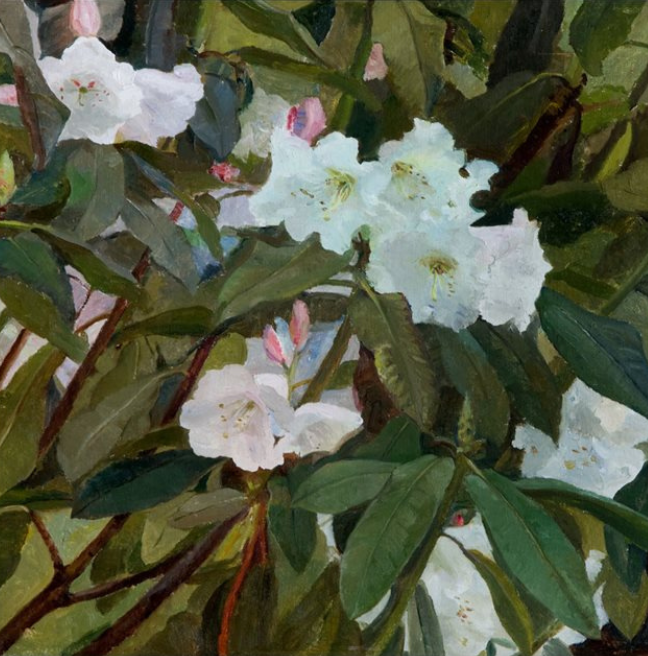Troubles and Beyond. The civil and political conflict known as ‘the Troubles’ has dominated the history of Northern Ireland from the late 1960s. Taking in multiple perspectives, we seek to provide context to this period by examining political, social, economic, and cultural activity, and we consider the impact and legacy of the conflict today.
Industry and Innovation. From linen to ships, ejector seats to pneumatic tyres, we are interested in how industry and innovation in this place have transformed both economy and society, through successes and failures, growth and decline.
Cultural Diversity and Identity. Questions of who we are and how we express our identities are complex and can be contentious. In considering cultural diversity and identity, we look back across history and consider the beliefs, symbols, customs and prejudices that have shaped our past and our present.
Inclusive Global Histories. Our collections are simultaneously local and international, and through an inclusive approach to global histories and decolonisation we seek to bring marginalised voices to the fore and promote mutual respect and understanding.
